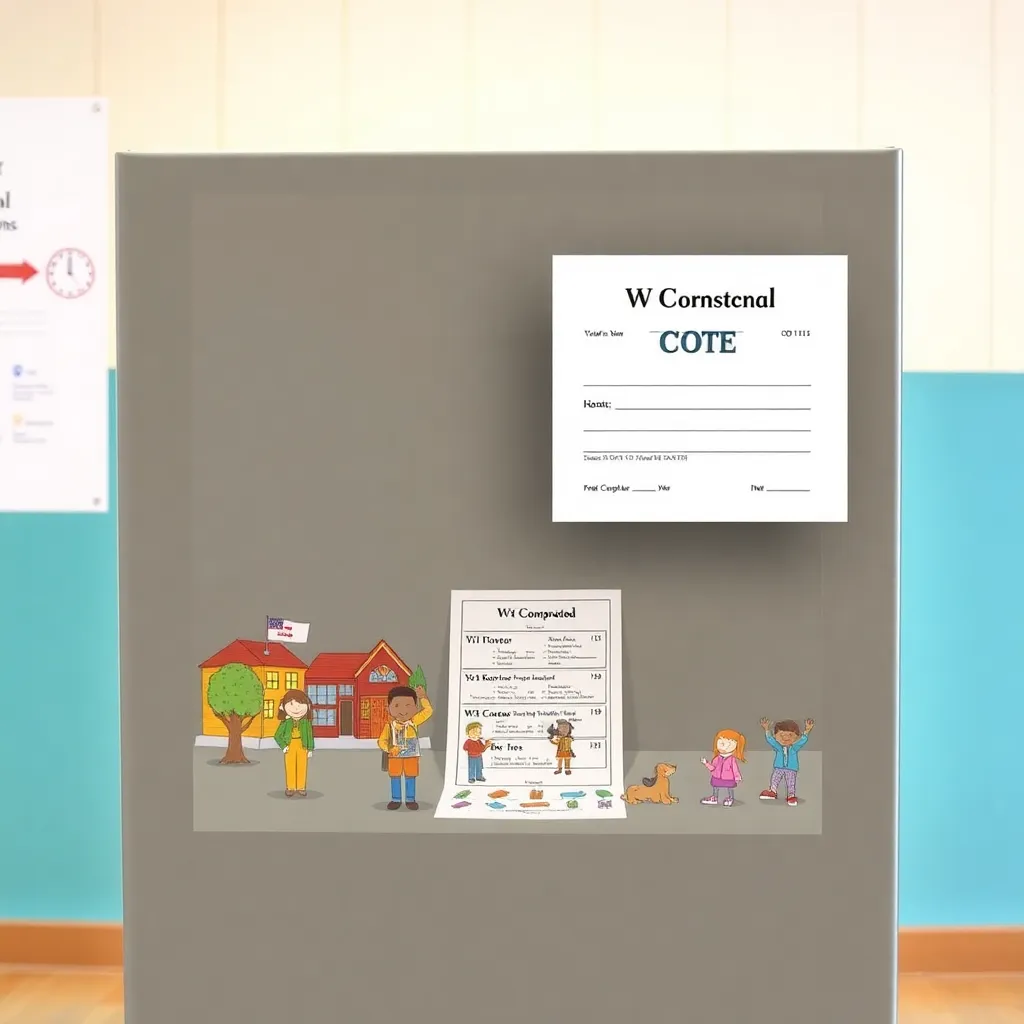School Choice Amendment to Appear on Kentucky Ballot
Lexington, Ky. – A significant constitutional amendment regarding school choice is poised to be featured on Kentucky’s ballot this November. This development follows a legislative effort that previously attempted to implement a school choice program, only to face legal challenges resulting in its dismissal by the state Supreme Court, which deemed it unconstitutional.
Campaign Against School Choice Gains Momentum
On Tuesday, Protect Our Schools KY, a coalition dedicated to opposing the school choice amendment, launched its campaign in Lexington. The group expressed its commitment to inform voters about what they see as detrimental effects of the amendment on public education. Alan Stein, a vocal opponent, stated, “For many students, public schools are more than just a place of learning; they are a lifeline. We must do everything we can to protect them.”
This coalition is supported by several educational organizations, including the Kentucky Parent Teachers Association and the Kentucky Education Association. Moreover, local leaders in Fayette County voiced their concerns about the potential impacts of the proposed amendment.
Concerns About Resource Allocation
Jessica Hiler, President of the Fayette County Education Association, emphasized the fears surrounding funding, saying, “We’re funneling resources away from an already underfunded public school system into unaccountable private schools.” This highlights a growing concern that passing the amendment could lead to a diversion of crucial resources from public schools already facing financial difficulties.
What the Amendment Entails
The proposed Constitutional Amendment 2, if approved by voters, will empower the Kentucky legislature to allocate public funds to students who choose to attend schools outside of the traditional public school system. This could potentially introduce more options for parents, but opponents argue it would undermine the public school framework.
Voices from Students
Peter Jefferson, a rising senior at Henry Clay High School, articulated the sentiments of many students who worry about the implications of this amendment. “The tapestry of education in Kentucky is woven from the fabric of our public schools, and every student deserves to be a part of it,” he said. His perspective reflects widespread apprehension that the amendment could fragment the public education system.
Support for School Choice
In contrast, advocates for the amendment, such as Jim Waters from the Bluegrass Institute for Public Policy, argue that offering parents more options can lead to improved educational outcomes. Waters pointed to states like Florida as examples where increased school choice has correlated with better performance in public schools. “In Florida, the more choice they had, the better their public education system performed,” he highlighted.
Additionally, Waters noted that 45 other states have implemented charter school laws, although only 43 states have active charter schools. He raised questions about spending, stating, “In Fayette County, we’re spending $22,000 per pupil. How much do these folks think we should spend until it becomes about something other than money?”
Impact on Community Services
Tyler Murphy, Chair of the Fayette County Public Schools Board, countered the financial arguments, asserting that public schools perform roles extending beyond education. He emphasized, “We’re feeding children, we’re connecting them with community resources, we’re providing healthcare.” He warned that losing financial support could jeopardize these essential services.
Upcoming Campaign Events
The coalition Protect Our Schools KY is actively organizing events to engage the community and encourage voter participation. They plan to host additional campaign activities over the next week in cities including Ashland and Louisville to further inform the public about their stance on the amendment.
As the November election approaches, the discussion surrounding the school choice amendment remains heated, with strong opinions on both sides regarding the future of education funding and quality in Kentucky.






